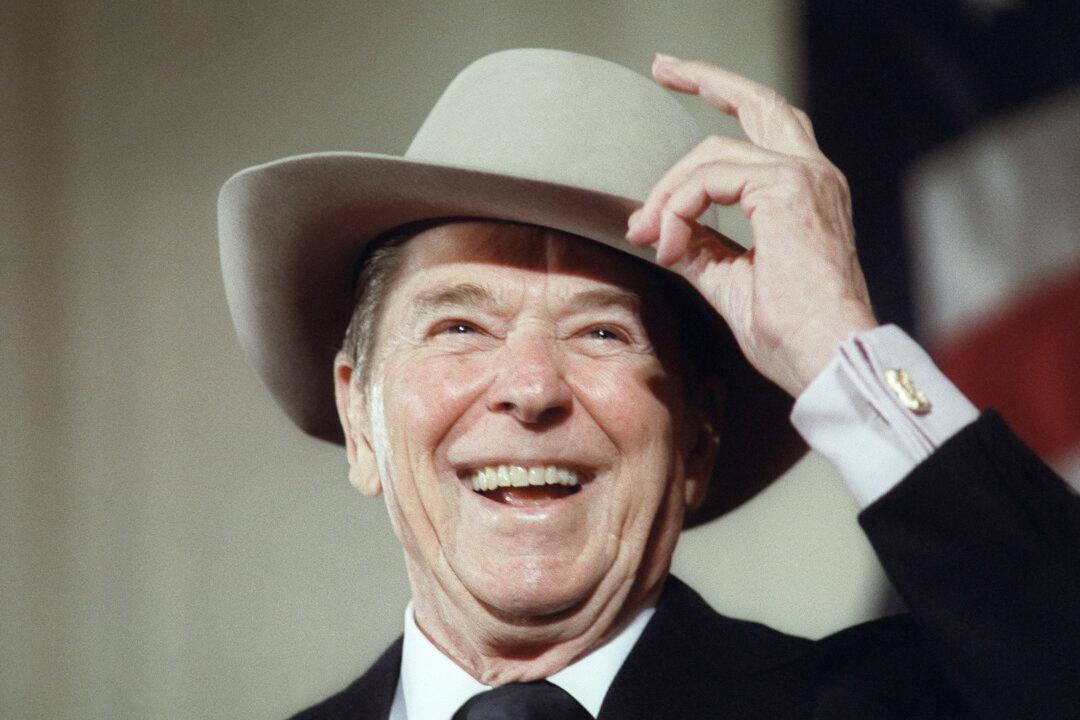In the 1984 presidential debates, Ronald Reagan, 73, faced off with his Democrat opponent, Walter Mondale, 56. During their second debate, journalist and moderator Henry Trewhitt asked this question of Reagan: “You already are the oldest president in history, and some of your staff say you were tired after your most recent encounter with Mr. Mondale. I recall yet that President Kennedy had to go for days on end with very little sleep during the the Cuban Missile Crisis. Is there any doubt in your mind that you would be able to function in such circumstances?”
“Not at all, Mr. Trewhitt,” Reagan replied. “And I want you to know that also I will not make age an issue of this campaign. I am not going to exploit, for political purposes, my opponent’s youth and inexperience.”






